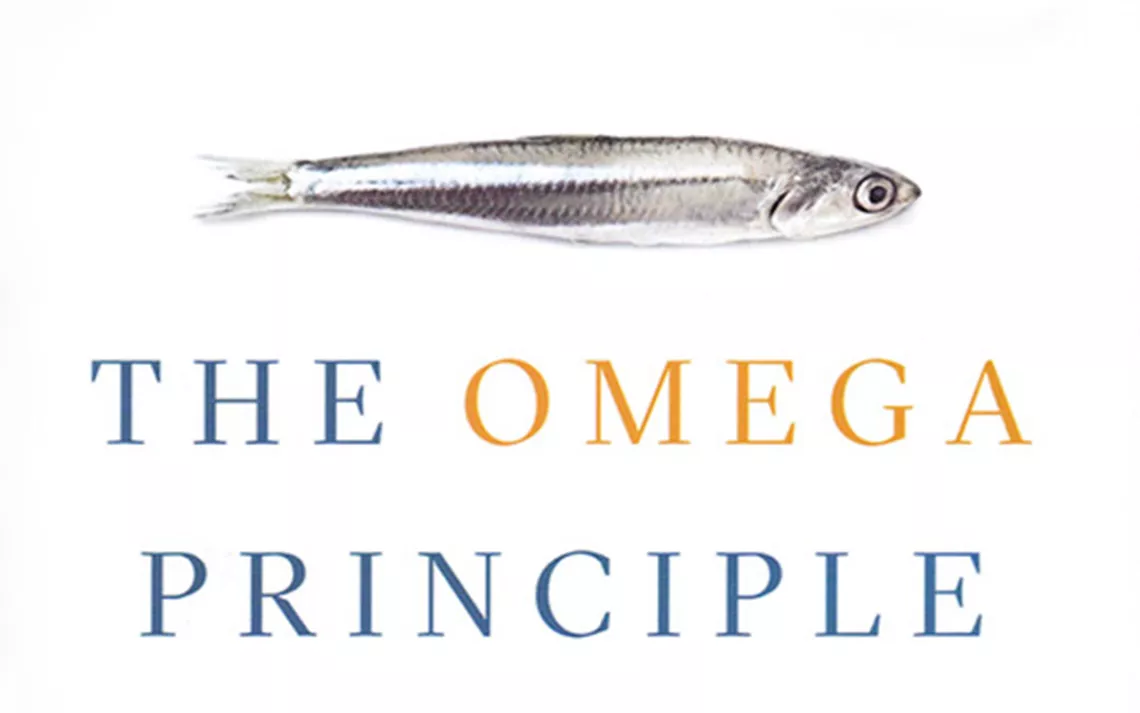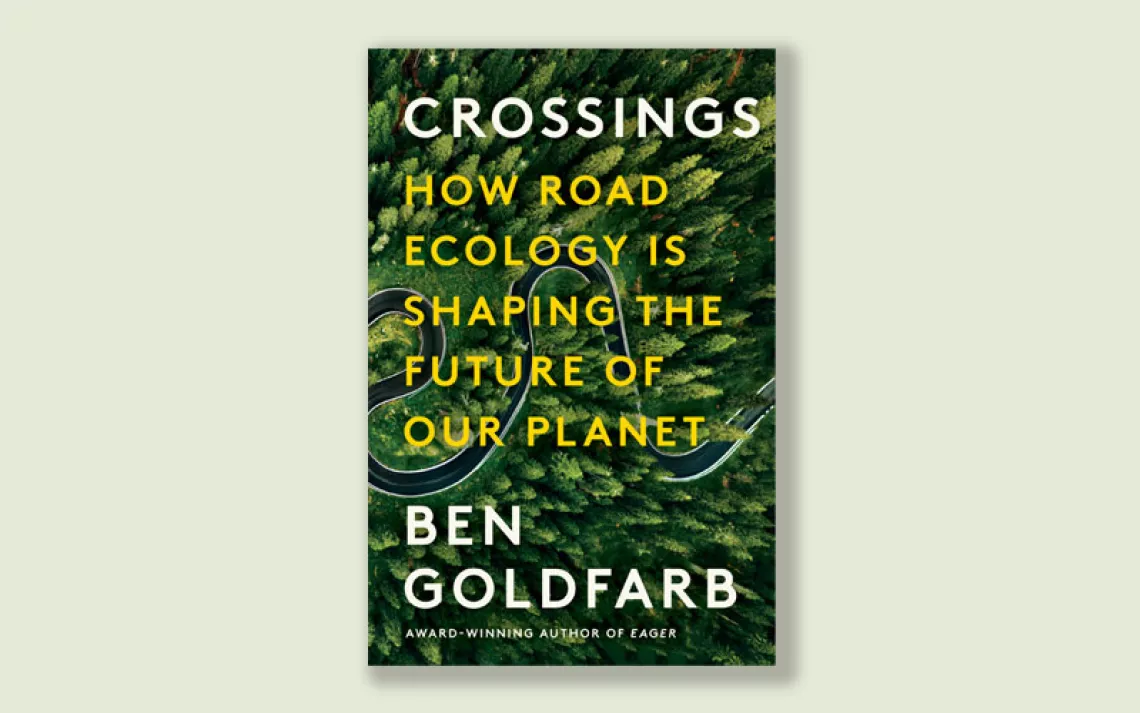A View of the World From a Strand of Omega-3 Molecules
Paul Greenberg’s latest book finds imbalance in the world of omega-3 fatty acids

Like many people searching for better health and well-being, author and journalist Paul Greenberg found himself drawn to the promise of longevity—not only for himself, but also for the oceans, the fish that reside in them, and by extension, the larger planet that depends on those oceans. So he decided to examine omega-3 fatty acids more closely, to determine for himself whether the promises he often found associated with them—everything from improving our cardiovascular system to improving memory—were accurate. What he found, as he writes in his new book, The Omega Principle, is a host of molecules “boiled down into an oil that some believed would help us be much better than we are.”
A child of the Long Island Sound, Greenberg has spent much of his career examining the complicated natural history of our seafood. He won a James Beard Award for his first book, Four Fish, which took readers into the fisheries that have defined our centuries-long relationship with the fish we eat. He then looked at our nation’s local seafood source in American Catch.
The Omega Principle narrows the scope even further, zeroing in on the particular strand of molecules that underlies the seafood we eat and the reason many people eat seafood in the first place. He uses omega-3s as a prism through which to examine much broader questions about our relationship with fish as food, feed, and medicine—and as a wildlife species in their own right.
Why mass-produce fish oil capsules when we can find an omega-3-rich diet in the source itself? How does our obsession with omega-3s impact the environment where it’s harvested? What would change if we as a society thought of our fish as, well, fish, and not only as seafood?
Greenberg starts with what he calls Omega World—the body of market researchers, dietitians, and supplement advocates who laud omega-3 supplements for a range of health benefits—including curbing arthritis, reducing inflammation, and mitigating depression—and often cite studies that support their views. Greenberg digs into this convoluted trail of studies and meta-studies, and finds contradiction. For example, despite studies that had built up a “one-pill-fits-all” narrative, a 2014 report from the Journal of the American Medical Association concluded that omega-3 supplements were “not associated with a lower risk” of cardiac death. If you want an easy answer to living a long life, you won’t find it in this book.
Greenberg’s path to discovering the secrets of longevity through seafood then takes him much further than his local pharmacy. Off the coast of Peru, he boards a shipping vessel bound for its harvest of Peruvian anchoveta, an oily fish rich in omega-3s. He then goes to the bottom of the world, floating above swarms of Antarctic krill off the coast of the White Continent. But he doesn’t find a simple sea-to-table narrative at those fisheries. Instead, these anchoveta and krill are “reduced.” Rather than going straight to our dinner tables or the bellies of marine predators, one in four fish caught on Earth goes into the reduction industry to create not only oil but also fishmeal to feed our livestock on land, disrupting the marine food web. “And even though it’s many thousands of miles from the American Midwest,” he writes, “Antarctica, that wildest continent of all, may suffer the most devastating effects of a human food system that has turned the land against the sea.” Our use of resources both at home and out at sea, he seems to assert, is fraught with imbalance.
Greenberg’s narrative maneuvers the world of omega-3 fatty acids with a healthy dose of skepticism and a mission to uncover truth that lies under the waves. Even when dealing with a subject as seemingly unflattering as fatty acids, Greenberg gives us science writing with heart.
“From hundred-foot whales to the half-inch krill they gulp down, from prairie grasses with root structures three yards deep to the wandering ruminants that browse upon them,” he writes, “these rich, diverse relationships balance the planet.”
In the end, he suggests a change in diet. Not necessarily on a personal level—Greenberg’s own mercury levels more than doubled in a 13-month all-fish diet as research for this book—but systematically. Don’t let fishmeal and fish oil join the ranks of subsidized quick fixes like corn and soy. Turn away from most “landfood” meat. Don’t buy into Omega World’s promise-in-a-pill, but find and cultivate true and direct sources of omega-3s and the other nutrients we need, for the sake of our health and for the health of the planet.
And for that, we can look to the sea.
 The Magazine of The Sierra Club
The Magazine of The Sierra Club







